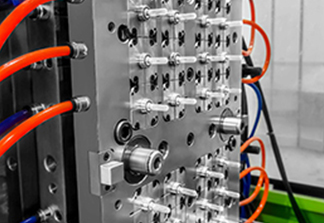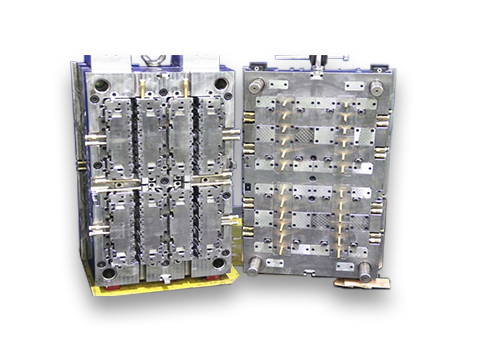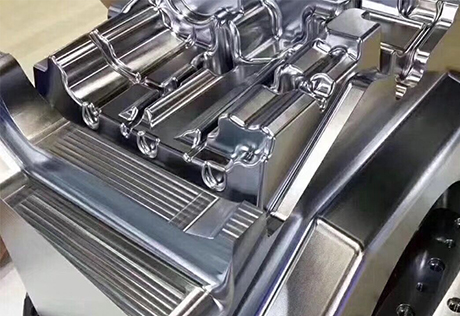As the global demand for efficient and stylish home appliances continues to increase, manufacturers are turning to advanced molding technologies to ensure performance, durability, and aesthetic appeal. Among these technologies, appliance injection molding stands out as one of the most reliable and versatile processes for producing plastic parts used in household appliances.
Appliance injection molding offers numerous advantages, including precision, material diversity, design flexibility, and mass production capability. These features make it a preferred method for producing components such as control panels, covers, knobs, brackets, and structural parts found in refrigerators, washing machines, dishwashers, and air conditioners.
High Precision and Repeatability
One of the key benefits of appliance injection molding is its high precision. The process is capable of producing complex parts with tight tolerances and consistent dimensions across thousands or even millions of units. This level of repeatability is crucial in the appliance industry, where components must fit together seamlessly and operate reliably throughout the product's life cycle.
Precision is especially important for parts that are visible to consumers or directly involved in the appliance's functionality. For example, front panels and control buttons must be uniform not only for aesthetic reasons but also for consistent user experience. Appliance injection molding ensures each part maintains identical specifications, reducing defects and eliminating the need for frequent adjustments during assembly.
Material Versatility for Performance Demands
Appliance components are subject to various mechanical and environmental stresses. Therefore, selecting the right material is essential. Appliance injection molding allows for the use of a wide range of thermoplastics, including ABS, polycarbonate, polypropylene, and high-heat-resistant engineering resins.
Each material can be tailored with additives to improve properties such as flame retardancy, UV resistance, and impact strength. For instance, parts used in dryers or ovens require materials that can withstand high temperatures, while dishwasher components must be resistant to moisture and chemicals.
This flexibility in material choice enables manufacturers to optimize performance for each specific application while ensuring compliance with safety and durability standards.
Complex Design Capabilities
Modern appliances are increasingly sophisticated in both design and function. Appliance injection molding supports this trend by allowing for the creation of highly complex and detailed parts. Features such as snap fits, internal channels, textured surfaces, and integrated hinges can be molded directly, reducing the need for secondary processes.
In addition, advanced molding techniques like multi-shot molding or overmolding make it possible to produce parts with multiple materials or colors in a single operation. This is ideal for components that combine rigid and soft sections, such as handles with rubber grips or control dials with backlit features.
Design flexibility not only enhances product functionality and ergonomics but also enables manufacturers to innovate and differentiate their appliances in a competitive market.
Efficiency and Scalability for Mass Production
Another standout feature of appliance injection molding is its efficiency in large-scale production. Once the mold is developed and the process is set up, high volumes of parts can be produced with minimal variation and low cycle times.
Automation technologies, such as robotic handling and in-mold quality inspection, further enhance productivity and consistency. This makes appliance injection molding highly scalable, ideal for manufacturers aiming to meet tight deadlines, seasonal demand spikes, or global distribution goals.
Reduced labor costs, lower material waste, and predictable production timelines all contribute to a more streamlined and cost-effective manufacturing process.
Packson offers customized appliance injection molding services tailored to meet the unique requirements of appliance brands around the world. With a focus on quality, innovation, and performance, Packson helps manufacturers bring their appliance designs to life with precision and reliability.

 English
English  日本語
日本語  Deutsch
Deutsch  Español
Español 





